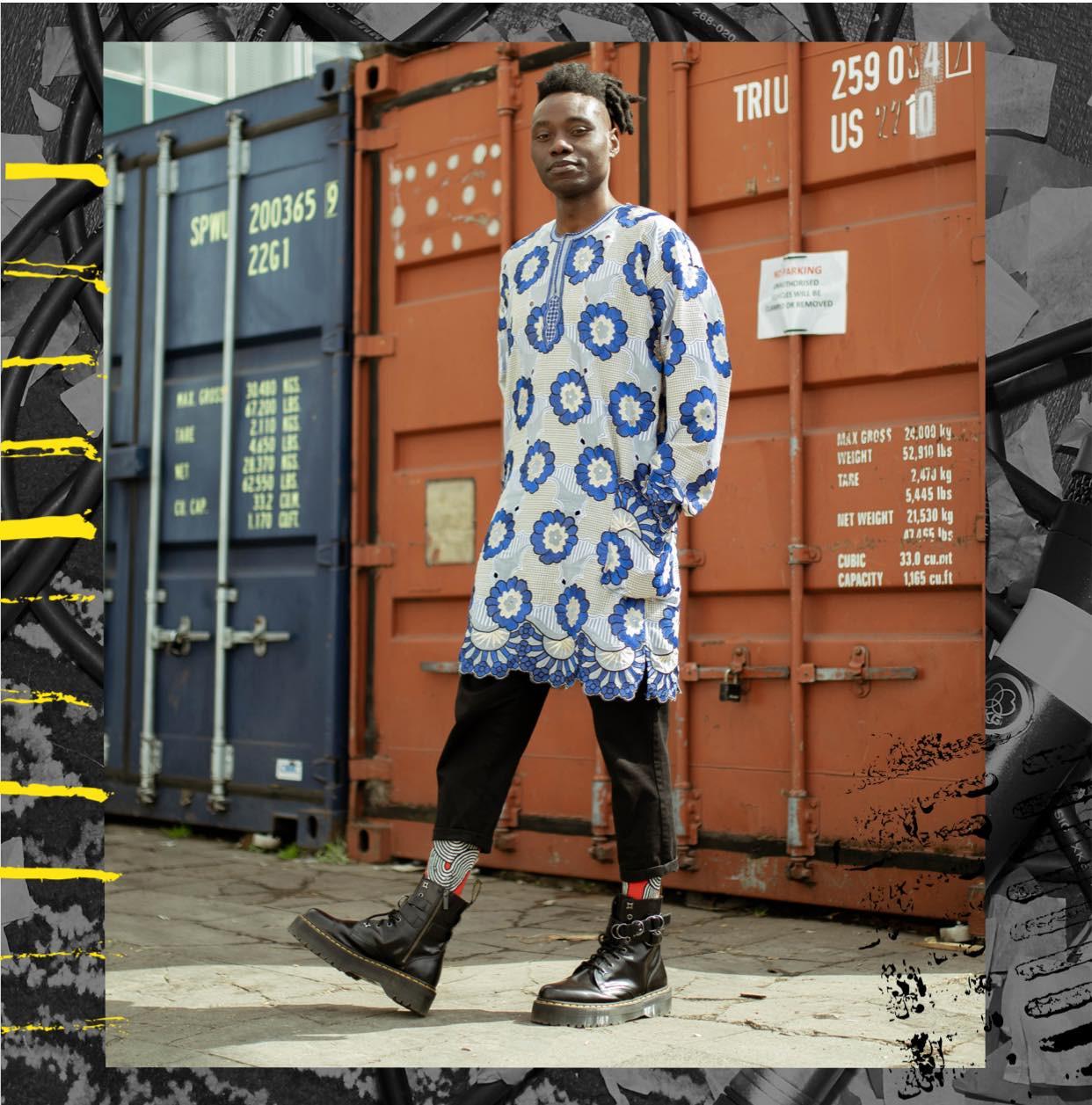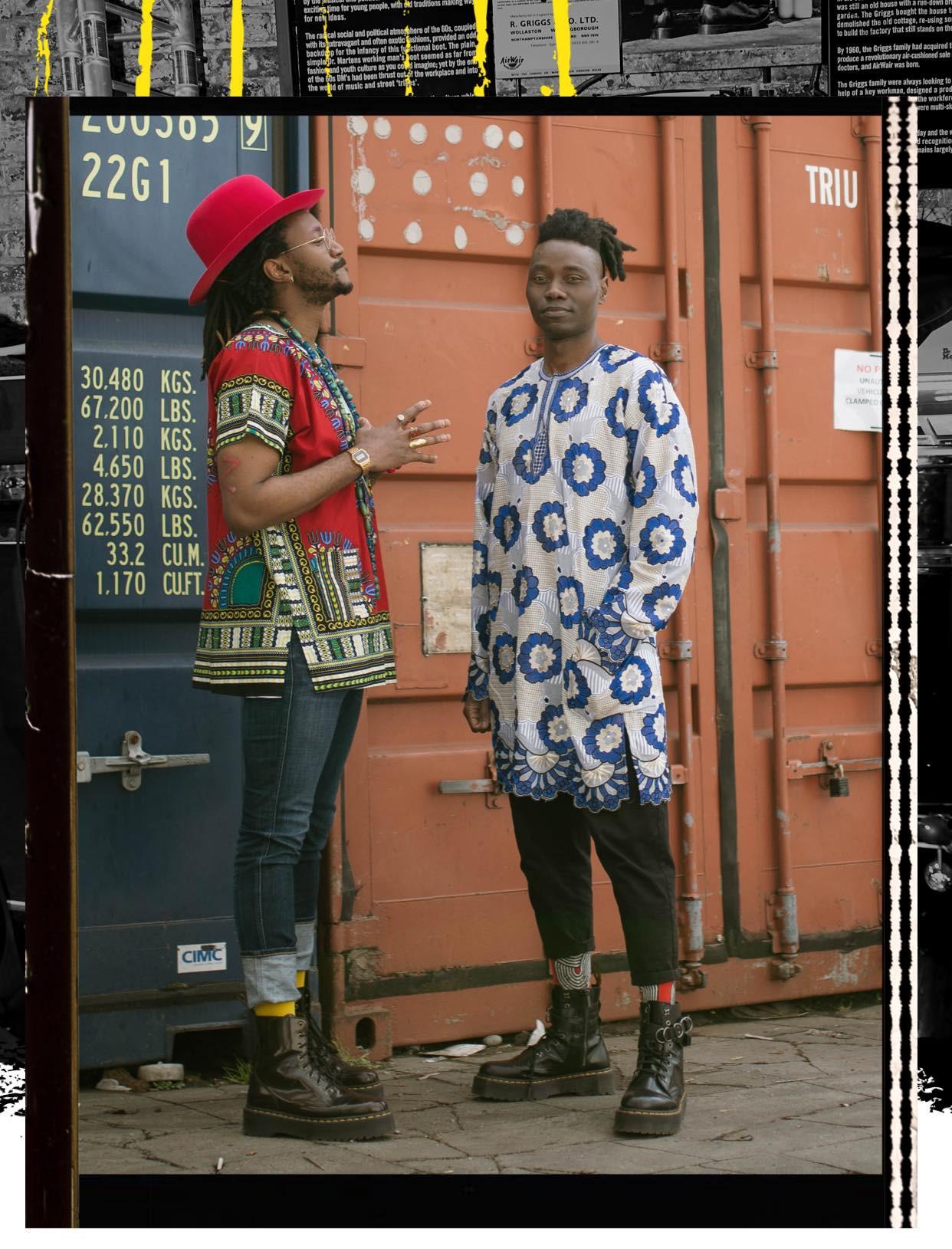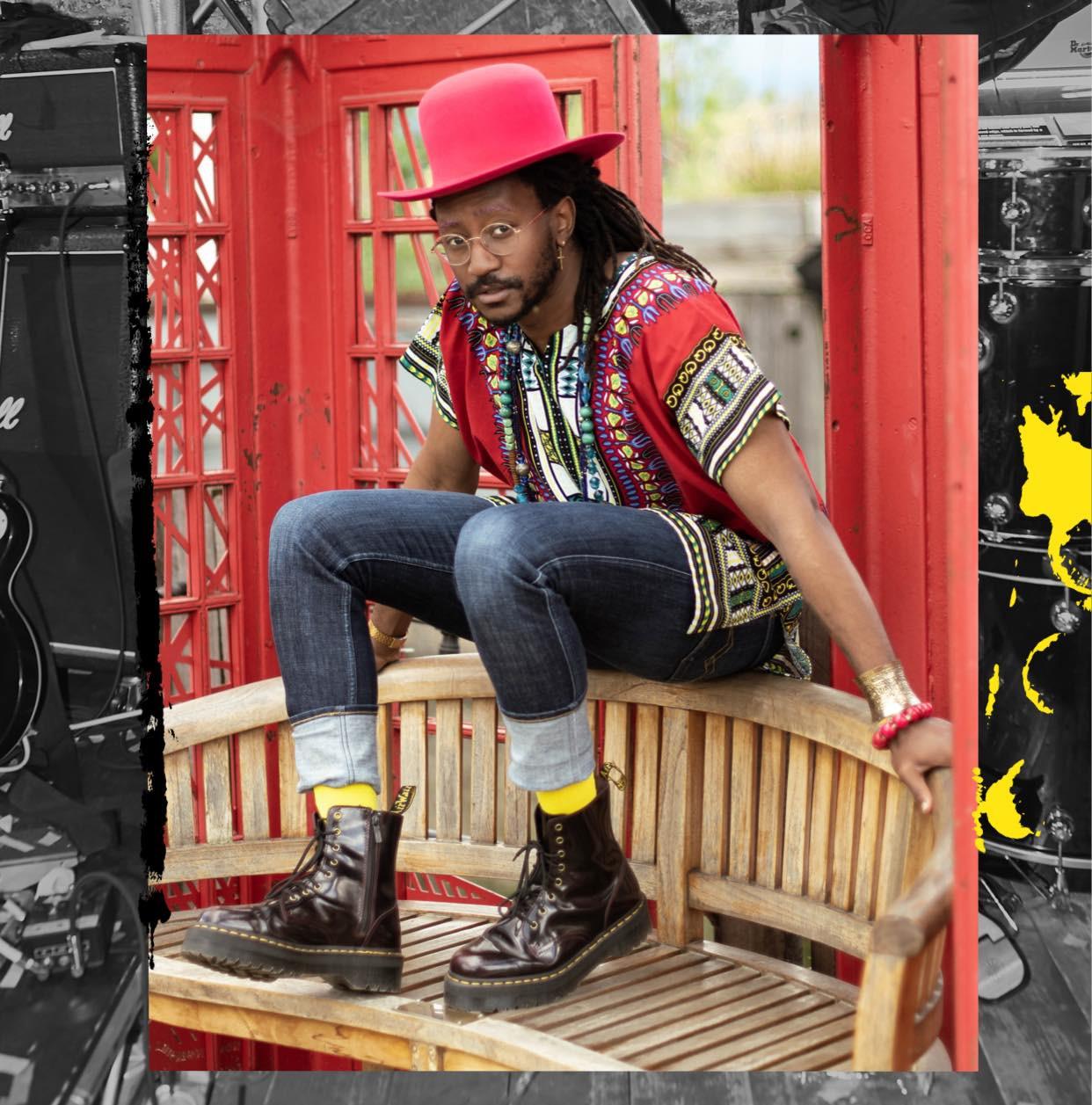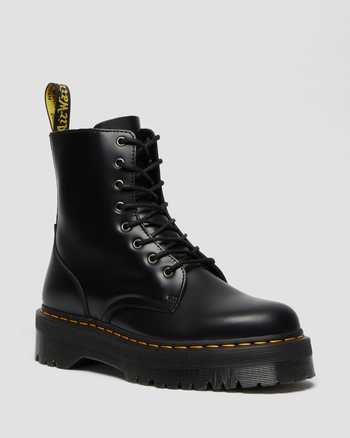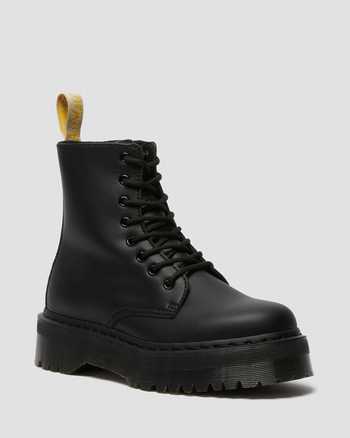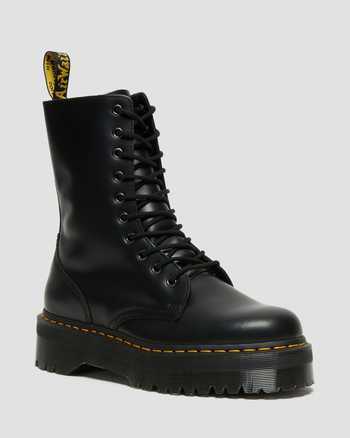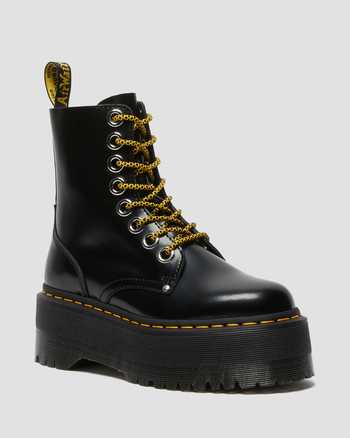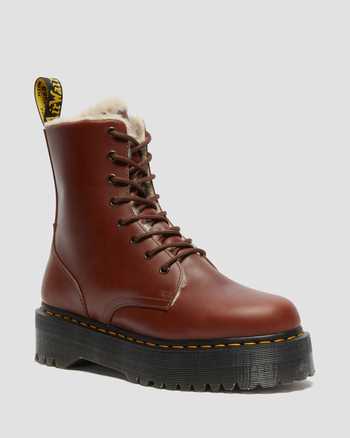What inspired you to write this short story?
Gbenga: We both grew up reading comics and watching sci-fi. Getting into this stuff as kids in Nigeria, we were really aware, even before we could articulate it, that sci-fi was something that happened elsewhere to Europeans and Americans. I was writing stories before I started writing music, actually. I think I wrote my first story when I was eight years old. And pretty much immediately I started setting the stories in Nigeria, because I just found it so odd that nothing I read happened in Africa.
What do you hope people take from this project?
Gbenga: Even though there's a lot more non-white representation in sci-fi and fantasy these days, it is still the case that, particularly for younger people, I think reading a story that is set in a non-European context can be powerful. The thing the alternative history our story is set in is that Yorubaland is not a kind of Wakanda. It's not filled with magical Negroes. Everyone in Wakanda is really nice. Their society is really cohesive and it's generally a great place. Yorubaland in our story is technically advanced, but as flawed as any other major world power.
It's simple to say, but our story is also about the idea that black people, people of African descent, are just like anyone else. We do not believe people of a white European background are singularly evil or singularly capable of being technologically advanced. They are the product of the contingent forces of history. Had those forces acted on Africa in the same way as they acted on Europe, you would have African nations that were technologically advanced, but also just as corrupt and flawed.
What does self-expression mean to you?
Seye: Self-expression can be how much you hug someone, or how slow you walk. It can be anything really. And I think my favourite and biggest inspirations are people who are as close to 100% themselves all the time. They're not necessarily a separate person on stage or in studio than they are in real life.
Gbenga: We both grew up reading comics and watching sci-fi. Getting into this stuff as kids in Nigeria, we were really aware, even before we could articulate it, that sci-fi was something that happened elsewhere to Europeans and Americans. I was writing stories before I started writing music, actually. I think I wrote my first story when I was eight years old. And pretty much immediately I started setting the stories in Nigeria, because I just found it so odd that nothing I read happened in Africa.
What do you hope people take from this project?
Gbenga: Even though there's a lot more non-white representation in sci-fi and fantasy these days, it is still the case that, particularly for younger people, I think reading a story that is set in a non-European context can be powerful. The thing the alternative history our story is set in is that Yorubaland is not a kind of Wakanda. It's not filled with magical Negroes. Everyone in Wakanda is really nice. Their society is really cohesive and it's generally a great place. Yorubaland in our story is technically advanced, but as flawed as any other major world power.
It's simple to say, but our story is also about the idea that black people, people of African descent, are just like anyone else. We do not believe people of a white European background are singularly evil or singularly capable of being technologically advanced. They are the product of the contingent forces of history. Had those forces acted on Africa in the same way as they acted on Europe, you would have African nations that were technologically advanced, but also just as corrupt and flawed.
What does self-expression mean to you?
Seye: Self-expression can be how much you hug someone, or how slow you walk. It can be anything really. And I think my favourite and biggest inspirations are people who are as close to 100% themselves all the time. They're not necessarily a separate person on stage or in studio than they are in real life.
What advice would you give to young people trying to get where you are?
Seye: Definitely don't do it if you just want to make money. There are way, way easier ways of making way more money. It's something that you need to be willing to do for free, which we all have done and still do sometimes. Also, it's not all about just being technically good. Because probably most everybody else, say, going for an audition is just as qualified, but do people want to be around you? Do you remember people's names? Do you make cups of tea for people?
Seye: Definitely don't do it if you just want to make money. There are way, way easier ways of making way more money. It's something that you need to be willing to do for free, which we all have done and still do sometimes. Also, it's not all about just being technically good. Because probably most everybody else, say, going for an audition is just as qualified, but do people want to be around you? Do you remember people's names? Do you make cups of tea for people?
What does Dr. Martens mean to you?
Gbenga: I remember I first became aware of Doc Martens because our older sister Ronke wanted a pair to wear to school. They were formal enough for you to be allowed to wear them to school, but cool enough for you to have a bit of a caché. Because there's something a little bit rugged about them. That kind of dichotomy has stayed with me, the way I think about them.
Seye: I know that no matter where I go in the world, if I see someone with DM’s on, we're potentially going to have something in common. Like there's sort of an international sign of a rebel.
Gbenga: I remember I first became aware of Doc Martens because our older sister Ronke wanted a pair to wear to school. They were formal enough for you to be allowed to wear them to school, but cool enough for you to have a bit of a caché. Because there's something a little bit rugged about them. That kind of dichotomy has stayed with me, the way I think about them.
Seye: I know that no matter where I go in the world, if I see someone with DM’s on, we're potentially going to have something in common. Like there's sort of an international sign of a rebel.
